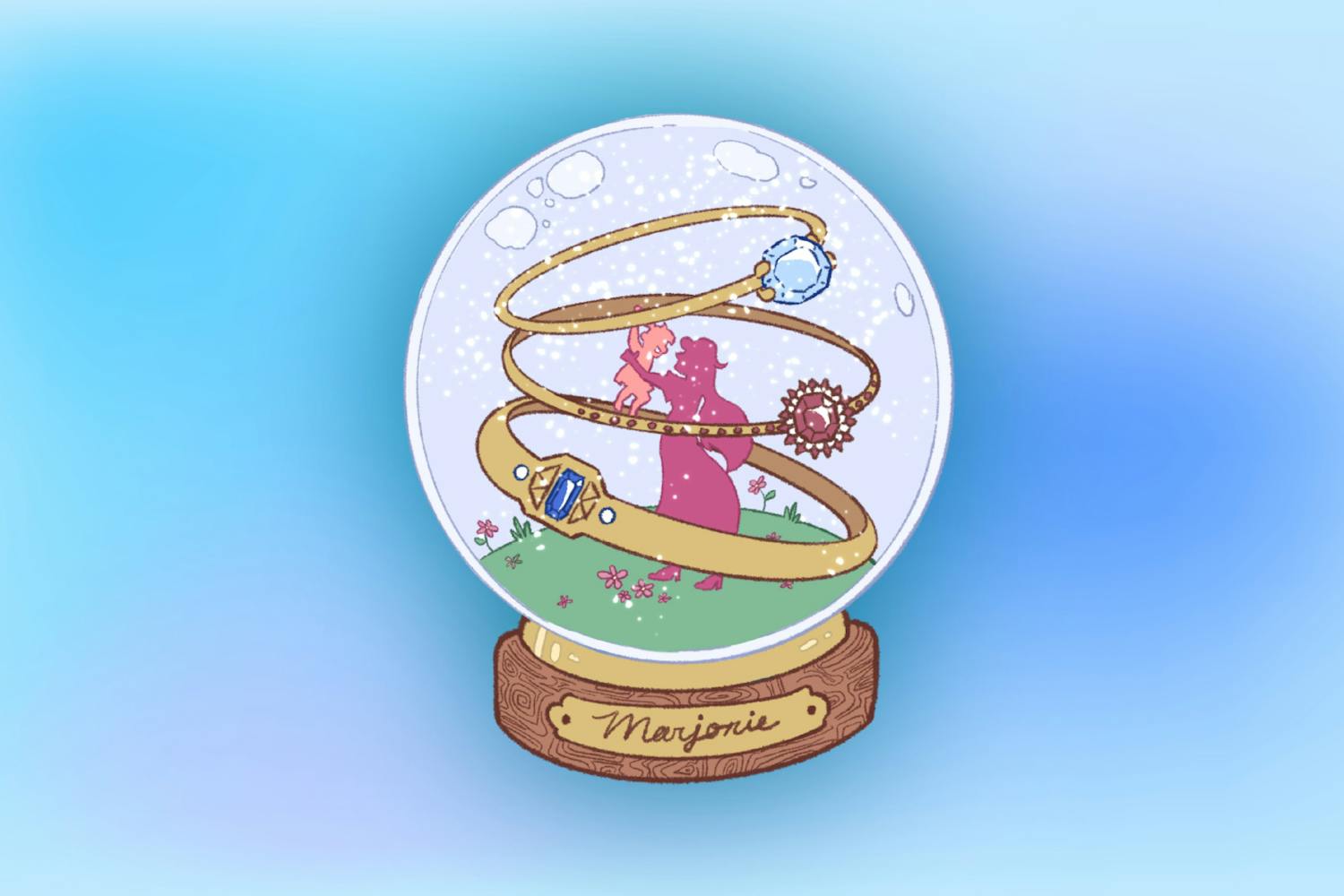 Imogen Heap arrives at the 52nd Annual Grammy Awards at the Staples Center in Los Angeles, California, on Sunday, January 31, 2010. (Photo Courtesy of Jay L. Clendenin/Los Angeles Times/MCT)
Imogen Heap arrives at the 52nd Annual Grammy Awards at the Staples Center in Los Angeles, California, on Sunday, January 31, 2010. (Photo Courtesy of Jay L. Clendenin/Los Angeles Times/MCT)
Imogen Heap’s digitally charged album, “Sparks,” introduces listeners to a variety of musical styles with a twist of technological charm but doesn’t quite live up to the hype of previous albums.
Heap’s fourth album debuts five years after her Grammy-award winning “Ellipse” and work with the duo Frou Frou.
According to her website, Heap began working on “Sparks” in 2011, traveling to China, India and Bhutan and collaborating with fans.
“Sparks” starts off strong with tracks “You Know Where to Find Me” and “Entanglement.” Both songs showcase the sensitive, piano-driven yet futuristic sound her listeners have grown to love.
“The Listening Chair,” a fun and layered moment on the album, is a work in progress. In an interview with Time, Heap said she will continue to write a new minute of a capella music to the song every several years, adding that she crowd sourced the inspiration for the songs after asking fans, “What is the song that still needs to be written?”
“Telemiscommunications,” a collaboration with deadmau5 worth downloading, explores society's dependence on technology, a theme almost ironically woven through out the highly digitized album.
Perhaps the strongest single on the album “Me the Machine” almost brings Heap to the brilliance and complexity of other singles “Hide and Seek” and “Speeding Cars” but just falls short, as the lyrics nearly cross the line of clever to cliché.
The song seems like a Siri written ballad with lyrics, “The PIN codes of happiness / access denied / switching to manual / switching to manual.”
Heap is famous for using computers to create music, but steps outside of her usual sound to blend exotic styles into the mix, including the diversely instrumental India-inspired track “Mind’s Without Fear” and China-inspired “Xizi She Knows.”
The wide variety of noises included in songs like “Propeller Seeds” adds a unique texture to the album that is at first refreshing, yet does not lend itself to easy listening. The song features sounds that could be described as restaurant noises, which is intriguing, but steals away from the lyrics, one of Heap’s strongest suits.
“Run-Time,” another “Sparks” highlight, is a fun retro hit that playfully and painfully explores an ending relationship. While reminiscent of '80s pop music, the track still perfectly combines strong lyrics with a futuristic sound.
“Sparks” has strong moments that are worth a listen and ushers in new techniques that are not yet used by artists at large, but never really finds a defining, moving moment — something Heap was able to accomplish with previous albums.
Imogen Heap is definitely a master of unique and rich sound that is demonstrated through tracks like “You Know Where To Find Me” and “Run-Time,” but the complexity of some of the songs drowns out potentially beautiful moments. The album, while interesting and refreshing, comes off at times as contrived and confusing.
Imogen Heap’s “Sparks” definitely demonstrates her talents and creativity, but the complexity and technicality of the album leave a little to be desired.
Reach the reporter at Samantha.Shotzbarger@asu.edu or follow her on Twitter @SShotzbarger




